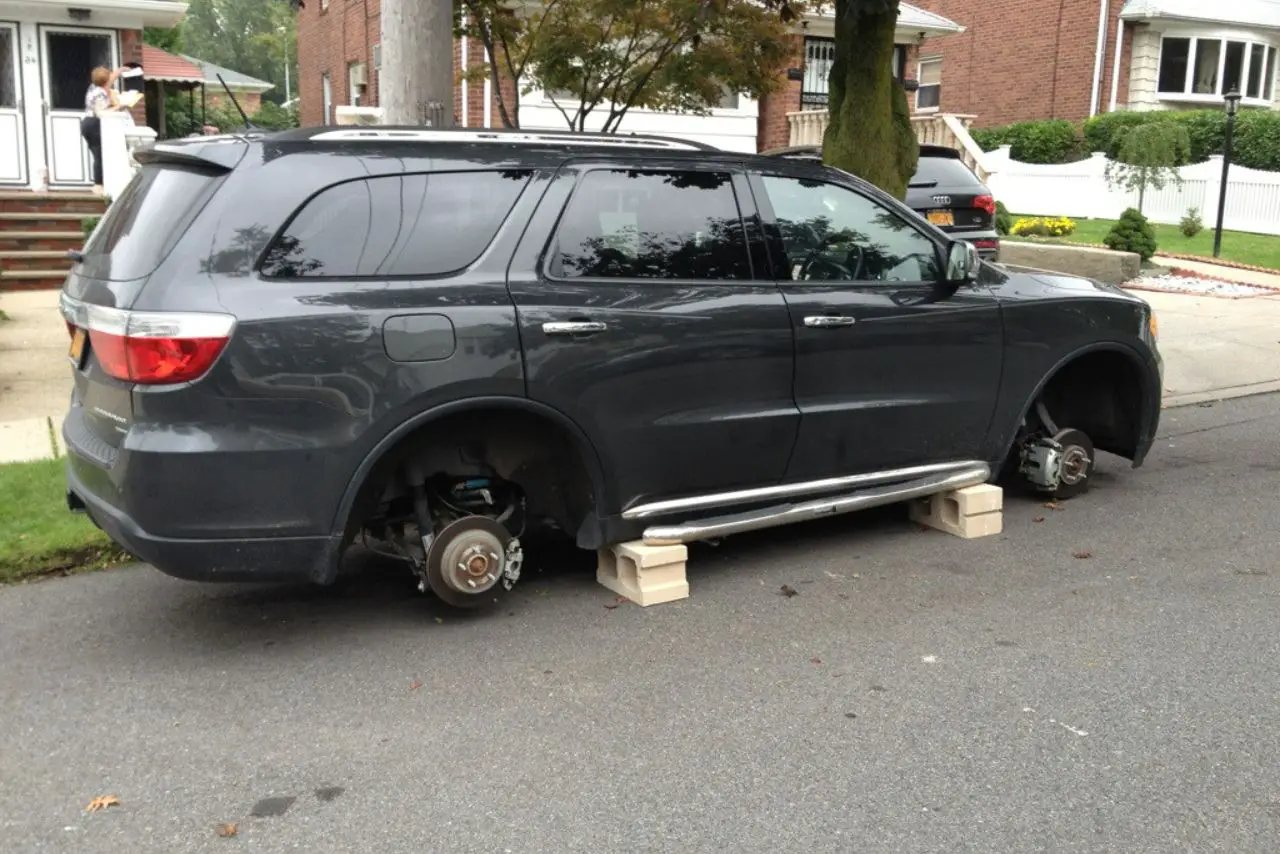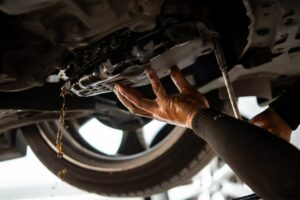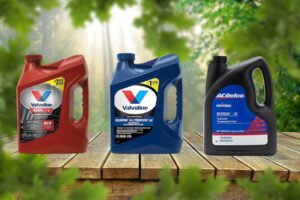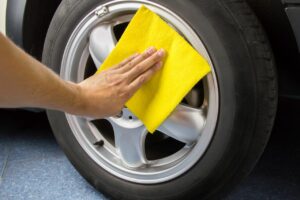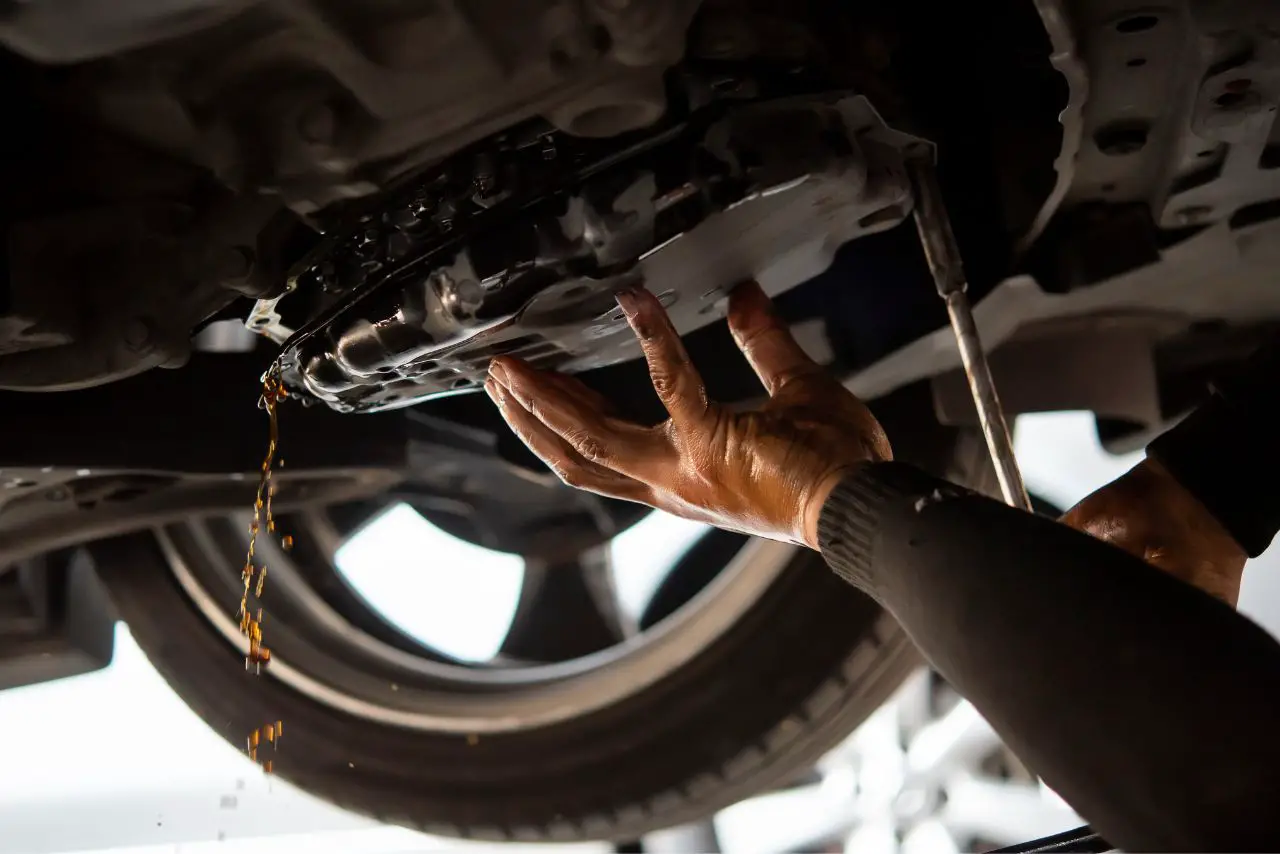No, you should not put your car on cinder blocks. Cinder blocks are not designed to support the weight of a car and can easily collapse, causing damage to your car and possibly injury to yourself.
Putting your car on cinder blocks may seem like a quick and inexpensive solution for tasks like changing tires or performing maintenance.
However, it is important to understand that cinder blocks are simply not strong enough to bear the weight of an entire vehicle.
These concrete blocks were primarily designed for construction purposes and not as reliable supports for heavy loads. So, Can I Put My Car on Cinder Blocks? Lets dive to check the possible effects on the your car.
When subjected to the immense weight exerted by a car, cinder blocks can crack or crumble under pressure, leading to potentially disastrous consequences.
Table of contents
Can I Put My Car on Cinder Blocks?
No, you should not put your car on cinder blocks. Cinder blocks are not designed to support the weight of a car and can crack or crumble under the weight, causing your car to fall. This can damage your car and could even be dangerous.
If you need to raise your car, it is best to use jack stands or ramps that are specifically designed for this purpose.
Jack stands are sturdy and will support the weight of your car without collapsing. Ramps can also be used to raise your car, but they are not as safe as jack stands.
It is important to follow the manufacturer’s instructions when using jack stands or ramps. Never get under a car that is not properly supported.
Here are some additional tips for raising your car:
Is It Safe to Put a Car on Cinder Blocks?
It is not safe to put a car on cinder blocks. Cinder blocks are not designed to support the weight of a car and can crack or crumble under the weight, causing your car to fall. This can damage your car and could even be dangerous.
If you need to raise your car, it is best to use jack stands or ramps that are specifically designed for this purpose.
Jack stands are sturdy and will support the weight of your car without collapsing. Ramps can also be used to raise your car, but they are not as safe as jack stands.
Why You Should Not Put Your Car on Cinder Blocks?
| Reasons against putting your car on cinder blocks: |
|---|
| Unsafe support |
| Lack of stability |
| Uneven weight distribution |
| Structural damage |
| Limited durability |
It is strongly advised against using cinder blocks as supports for your car due to their lack of strength and stability.
Opting for appropriate equipment such as jack stands or ramps specifically designed for automotive use ensures safer maintenance tasks without risking harm to yourself or costly damages to your vehicle.
The Dangers of Using Cinder Blocks to Support a Car:
Using cinder blocks to support a car may seem like a convenient and cost-effective solution, but it can pose serious risks. Here are the dangers you need to be aware of:
Alternative Methods for Raising Your Car Safely:
When it comes to raising your car safely, there are several alternative methods you can consider. Here are some options to explore:
By utilizing one of these alternative methods for raising your car safely instead of resorting to cinder blocks, you can ensure both yourself and your vehicle remain protected during maintenance or repair tasks.
Tips for Proper Car Maintenance and Storage:
Proper car maintenance and storage are essential to ensure the longevity of your vehicle. Here are some useful tips to keep your car in top condition:
Remember, proper maintenance and storage will not only extend the lifespan of your car but also ensure its optimal performance when you hit the road again.
How Much Weight Can a Cinder Block Hold?
The amount of weight that a cinder block can hold depends on the type of cinder block and the way it is stacked.
It is important to note that these are just general guidelines. The actual weight that a cinder block can hold may vary depending on the specific block and the way it is used.
Can Cinder Blocks Support a Car?
No, cinder blocks should not be used to support a car. Cinder blocks are not designed to support the weight of a car and can crack or crumble under the weight, causing the car to fall. This can damage the car and could even be dangerous.
Watch Video: Can I Put My Car on Cinder Blocks?
Conclusion: Can I Put My Car on Cinder Blocks?
It is strongly advised against putting your car on cinder blocks. The primary reason for this is that cinder blocks are not designed or intended to support the weight of a car. They lack the necessary strength and stability required for such a heavy load.
Putting your car on cinder blocks can have disastrous consequences. These blocks can easily collapse under the weight of the vehicle, leading to significant damage to your car and potentially causing injury to yourself or others nearby.
It is crucial to prioritize safety and use proper equipment specifically designed for supporting cars, such as jack stands or ramps.
Remember, taking shortcuts when it comes to something as important as your vehicle’s stability can result in costly repairs, accidents, and personal harm.
Therefore, it is highly recommended that you avoid using cinder blocks as a substitute for appropriate automotive supports.
FAQs
Can I Put My Car on Cinder Blocks for An Extended Period of Time?
It is not recommended to put your car on cinder blocks for an extended period of time.
Cinder blocks are not designed to support the weight of a car and can lead to structural damage or accidents.
Can I Use Cinder Blocks as A Temporary Solution for Car Maintenance?
Using cinder blocks as a temporary solution for car maintenance, such as changing tires, can be done with caution.
However, it is always advised to use jack stands or other appropriate tools designed for safely supporting the weight of a car.
Are There Any Potential Risks Associated with Using Cinder Blocks for Car Support?
Yes, using cinder blocks as car support can be risky. The blocks can shift or collapse under the weight of the car, causing damage to the vehicle and potential injury to individuals nearby.
What Are the Recommended Alternatives to Using Cinder Blocks for Car Support?
The recommended alternatives for car support include using proper jack stands, car ramps, or other tools specifically designed for safely lifting and supporting vehicles.
Can Cinder Blocks Cause Damage to My Car?
Yes, placing your car on cinder blocks can potentially cause damage. The uneven weight distribution and lack of stability can lead to structural damage to the car’s body, suspension, or other components.
Are There Any Legal Implications of Using Cinder Blocks for Car Support?
Laws and regulations regarding car support may vary by jurisdiction. It is essential to consult local regulations and safety standards before using cinder blocks or any other makeshift solutions for car support.
What Are the Potential Dangers of Using Cinder Blocks for Car Support?
The potential dangers of using cinder blocks for car support include unstable support leading to the car falling, personal injury, or damage to the vehicle.
It is best to avoid using cinder blocks for this purpose.
Can Cinder Blocks Withstand the Weight of A Car?
Cinder blocks may initially support the weight of a car, but they are not designed or recommended for long-term use.
Their stability cannot be guaranteed, and there is a risk of them collapsing under the weight of the vehicle.
What Should I Do if I Need to Elevate My Car for An Extended Period?
If you need to elevate your car for an extended period, it is advisable to use proper jack stands or other appropriate tools designed for the purpose.
These tools provide better stability and safety for both the vehicle and individuals nearby.
Latest Posts:
- 10 Best Gear Oil for Limited Slip Differentials (Reviewed!)
- Allison 1000 Transmission Fluid Type (5 Best Options!)
- 91 Octane Vs 93 Which One You Use? (The Surprising Truth!)
- Oil Pressure Gauge Not Working: (Guaranteed Fix!)
- 10 Best Transmission Fluid for 4l60e (Tested by Experts!)
- 10 Best Ceramic Coating For Wheels (Used By Real Users!)

